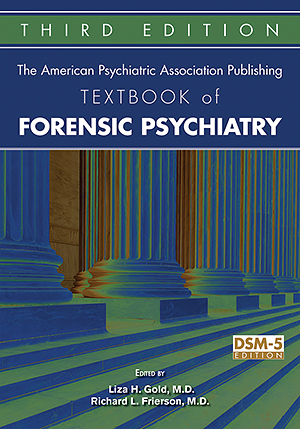Sections
Excerpt
The recognition that individuals with mental illness may not be responsible for their behavior is a concept dating back to the 1772 b.c. Code of Hammurabi. During the Roman Empire, laws existed acknowledging that some individuals with mental illness had little control of their behavior and were therefore non compos mentis, Latin for “of unsound mind” (Taylor 2015). The concept of insanity under English law can be traced to 1324 when the Statute de Prerogativa Regis (“the king’s prerogative”) was passed, allowing the king to seize the lands of “idiots” and “lunatics.” Lunatics referred to persons who became insane during their life or experienced insanity interspersed with lucid intervals. English law increasingly recognized that an “insane” person should not be punished in the same way as a person who did not suffer from insanity (Crotty 1924).
Access content
To read the fulltext, please use one of the options below to sign in or purchase access.- Personal login
- Institutional Login
- Sign in via OpenAthens
- Register for access
-
Please login/register if you wish to pair your device and check access availability.
Not a subscriber?
PsychiatryOnline subscription options offer access to the DSM-5 library, books, journals, CME, and patient resources. This all-in-one virtual library provides psychiatrists and mental health professionals with key resources for diagnosis, treatment, research, and professional development.
Need more help? PsychiatryOnline Customer Service may be reached by emailing [email protected] or by calling 800-368-5777 (in the U.S.) or 703-907-7322 (outside the U.S.).



